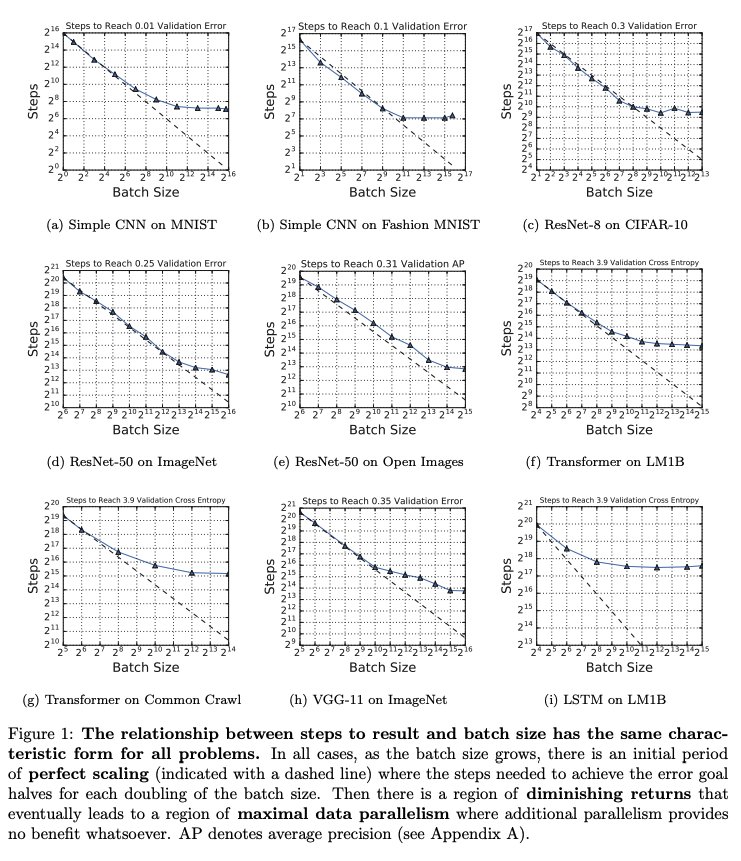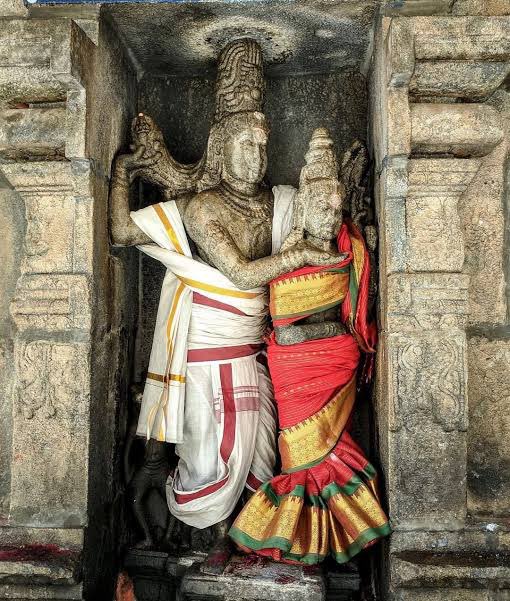It is trying when mathematicians declare condescendingly that there is no point doing things because their models tell them so. Well maybe some of the assumptions don't hold up. How did that work out for the no additional risk from large events and no point in border controls...
Oh for crying out loud. I don't know anyone who thinks we can get R below 0.9 with this new variant. It's 22 virus generations to even get from 50,000 cases to 5,000 at R=0.9 - that's 4 months. TTI is a complete fantasy right now: spend the money on the vaccine rollout. https://t.co/MyeBt8tC1w
— Oliver Johnson (@BristOliver) January 3, 2021
More from Maths
You May Also Like
There are many strategies in market 📉and it's possible to get monthly 4% return consistently if you master 💪in one strategy .
One of those strategies which I like is Iron Fly✈️
Few important points on Iron fly stategy
This is fixed loss🔴 defined stategy ,so you are aware of your losses . You know your risk ⚠️and breakeven points to exit the positions.
Risk is defined , so at psychological🧠 level you are at peace🙋♀️
How to implement
1. Should be done on Tuesday or Wednesday for next week expiry after 1-2 pm
2. Take view of the market ,looking at daily chart
3. Then do weekly iron fly.
4. No need to hold this till expiry day .
5.Exit it one day before expiry or when you see more than 2% within the week.
5. High vix is preferred for iron fly
6. Can be executed with less capital of 3-5 lakhs .
https://t.co/MYDgWkjYo8 have R:2R so over all it should be good.
8. If you are able to get 6% return monthly ,it means close to 100% return on your capital per annum.
One of those strategies which I like is Iron Fly✈️
Few important points on Iron fly stategy
This is fixed loss🔴 defined stategy ,so you are aware of your losses . You know your risk ⚠️and breakeven points to exit the positions.
Risk is defined , so at psychological🧠 level you are at peace🙋♀️
How to implement
1. Should be done on Tuesday or Wednesday for next week expiry after 1-2 pm
2. Take view of the market ,looking at daily chart
3. Then do weekly iron fly.
4. No need to hold this till expiry day .
5.Exit it one day before expiry or when you see more than 2% within the week.
5. High vix is preferred for iron fly
6. Can be executed with less capital of 3-5 lakhs .
https://t.co/MYDgWkjYo8 have R:2R so over all it should be good.
8. If you are able to get 6% return monthly ,it means close to 100% return on your capital per annum.


















